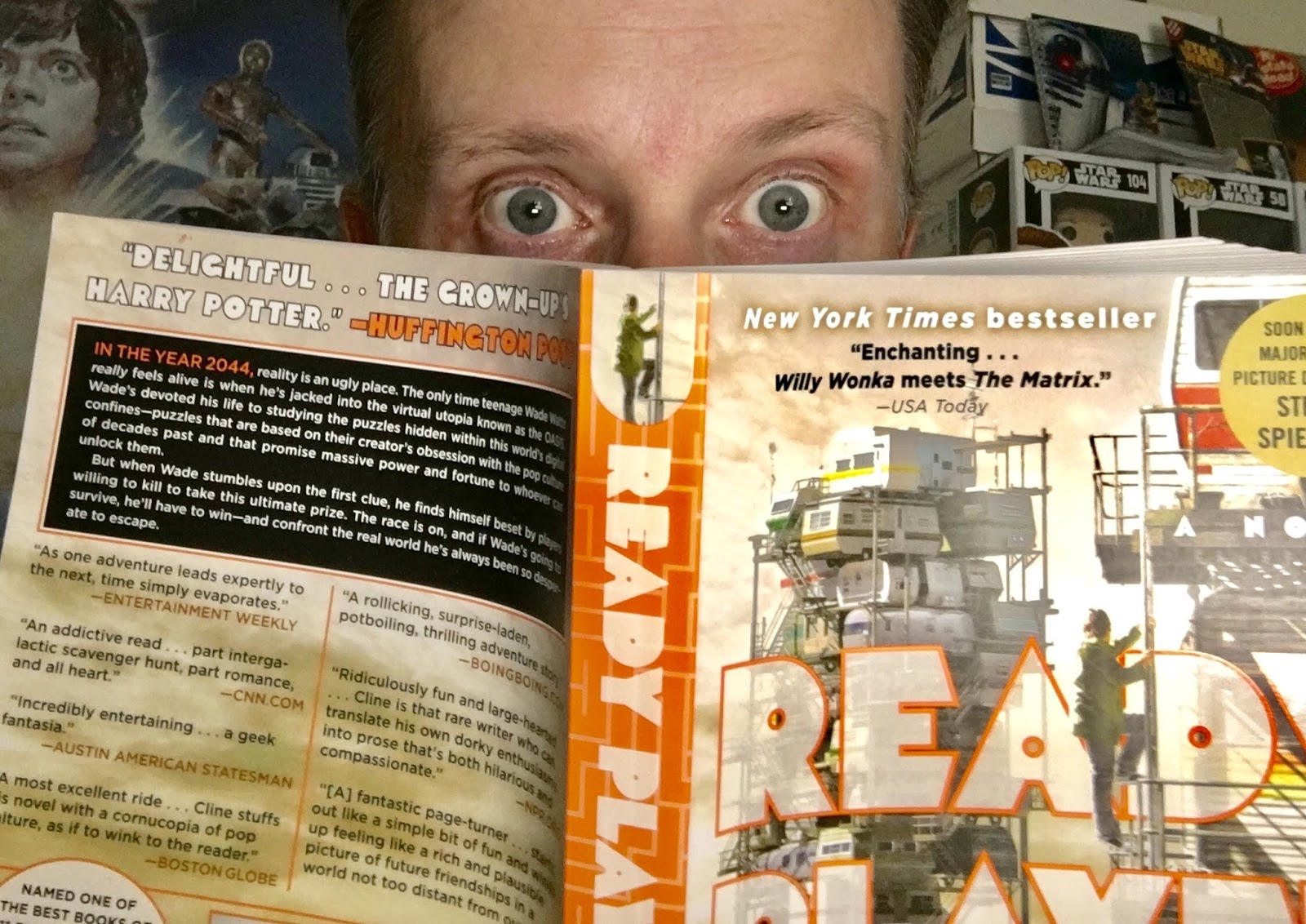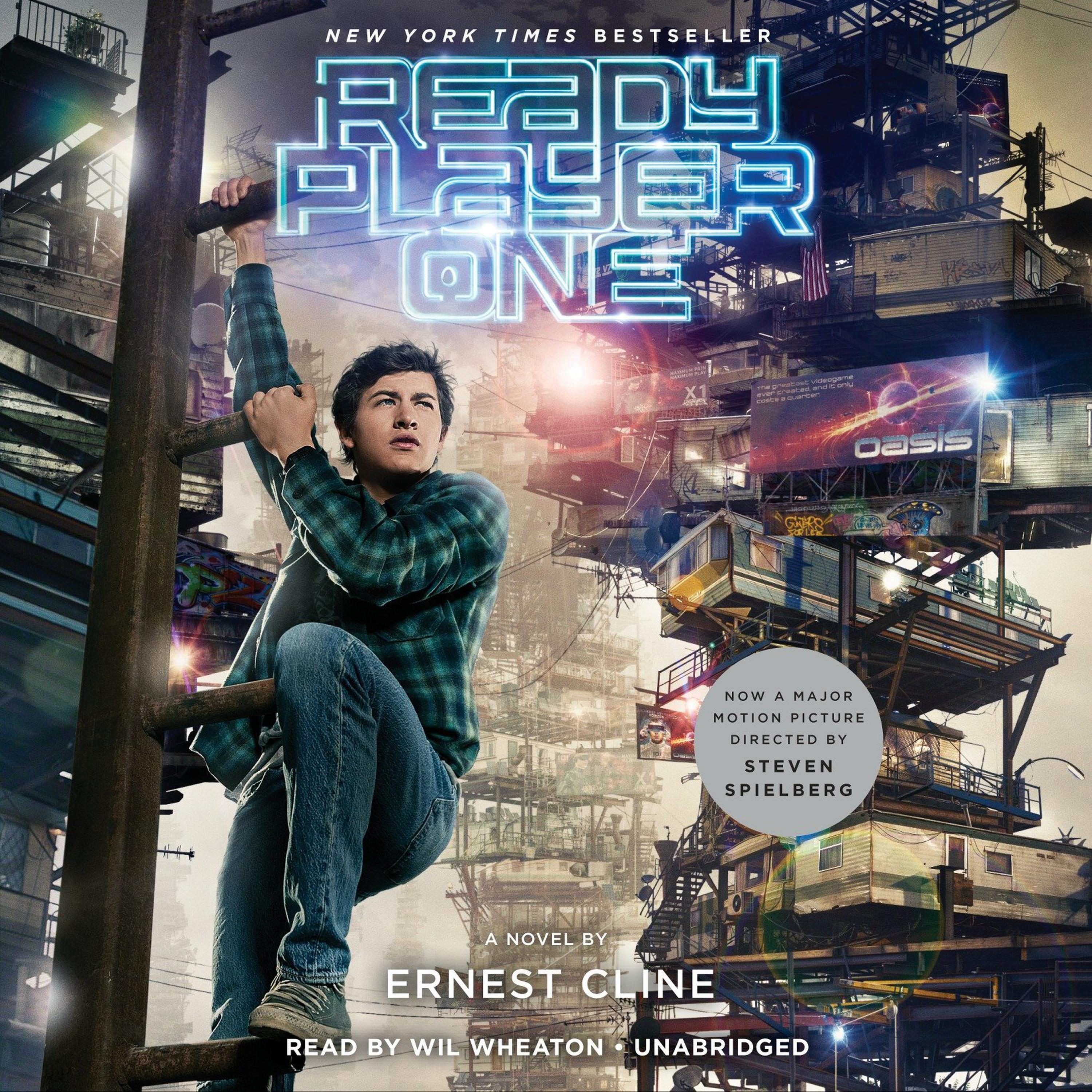


The methods of conducting the research, which are used in the third chapter, can be found here.

The second chapter focuses on the methodology of writing the thesis. The first one is theoretical, and the author focuses on translation theory basics, as well as, on the translation of allusions themselves. The thesis is divided into three chapters. The interest of this thesis is especially on the quality of the translated texts. The objective of this thesis is to point out how difficult it is to translate allusions, especially when the translator does not have enough time to conclude a proper research and to translate the novels. This diploma thesis focuses on the problems of translating allusions to the 1980's in Ernest Cline’s novels, Ready Player One and Armada. His current project is the creation of a mixed media collage technique and a methodological artistic process for knowledge acquisition and knowledge production in educational settings. His research explores the epistemological and pedagogical roles/functions of art making in the context of literacy education. Csaba Osvath is a doctoral candidate at the University of South Florida pursuing literacy studies with a special focus on qualitative methods and arts-based research. Thus, I present a personal narrative of reading to demonstrate how fictional works may offer relevant platforms for readers to contribute, to innovate, and to advocate for change within insufficient or inadequate systems. I argue that reflective reading combined with the reader's embodied creative acts (e.g., the composition of personal narratives prompted by the novel and creative writing addressing a current problem that is inspired by the novel's fictional reality) lead to innovative ideas to foster the development of new paradigms for the creation of better online learning management systems. My goal is to demonstrate how the reading experience of a popular science fiction novel may shape, modify, and/or inspire the development of future online education.

Cline's story offers a unique vantage point as well as a rich fictional vision through which I evaluate, contrast, and reflect on virtual education. Adopting and using the methodological tools of autoethnography, personal narrative, and creative writing, I reflect and explore virtual/online education prompted by a personal reading experience of Ernest Cline's science fiction novel, Ready Player One. When the act of reading becomes a stimulus, it has the power to enact change within the reader and through readers.


 0 kommentar(er)
0 kommentar(er)
